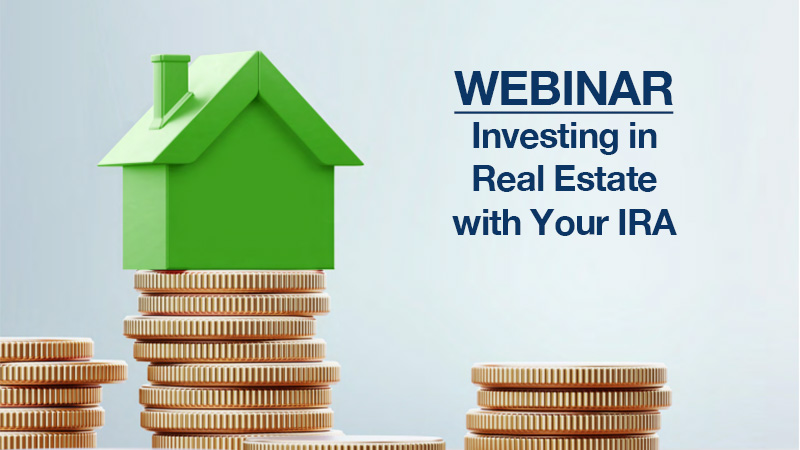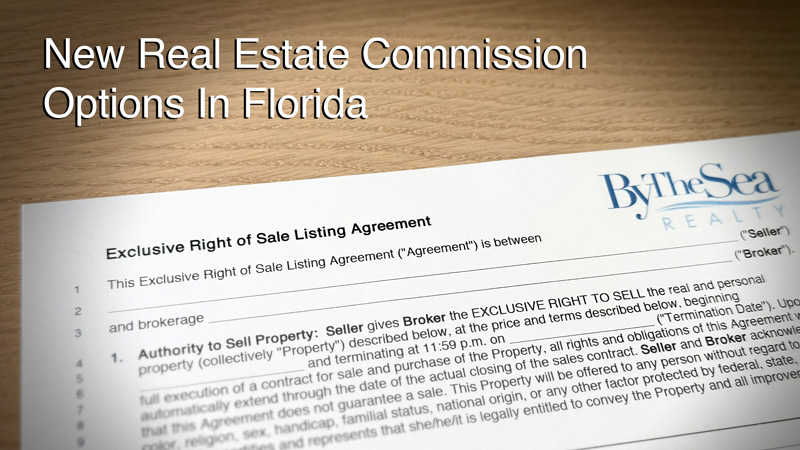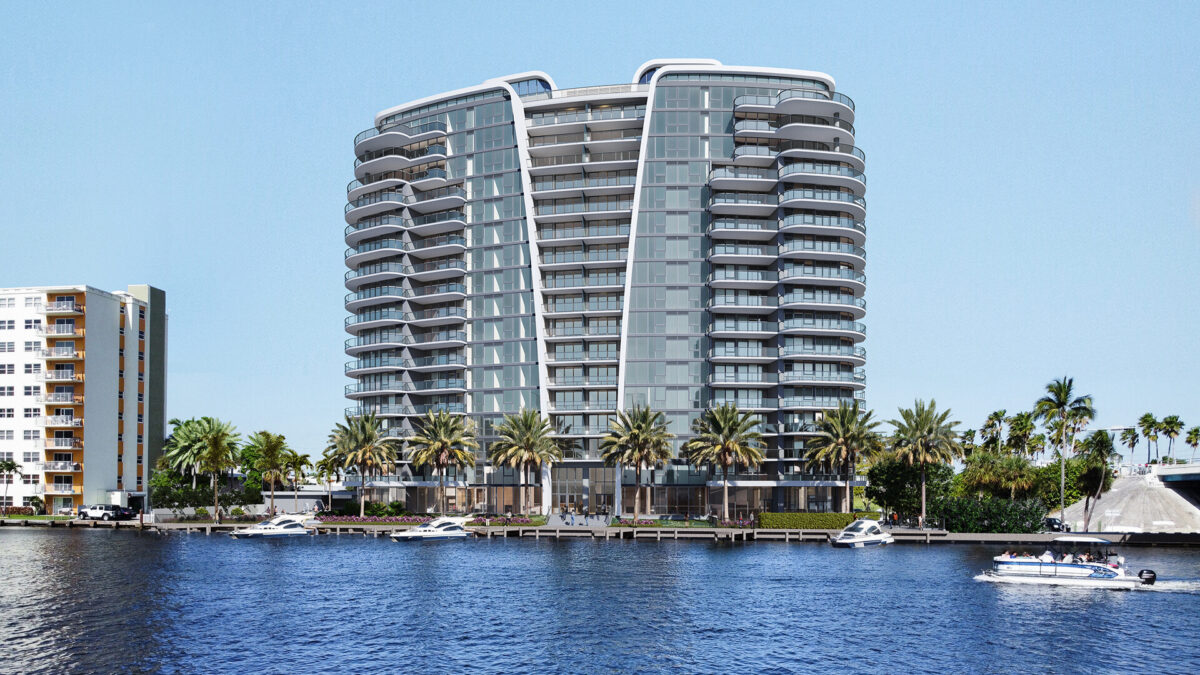Real estate investment has been part of my life for as long as I can remember. Friends, family and clients often come to me with questions about the various types of investments I have been involved in and I am always happy to share my experiences. While this is not a true “diary” of all my activities, I thought it would be fun to chronicle my most influential investment experiences and share some tips about each type of investment.
Condominium Investment
When I was growing up my dad owned several condos that he rented out to long term tenants. While condo rentals don’t exactly provide the best cash flow, they are one of the easiest investments to manage. Condos require almost zero regular maintenance and if you buy in a good association then major repairs and assessments are usually kept to a minimum. My dad would hold his properties for a long period of time allowing him to take advantage of decent appreciation during the upswings in the market cycle. If you are more of a hands-off conservative investor then condos may be a good option for you.
- Know the rental rules in the association. Some condos have a waiting period before you can rent and most do not allow short term rentals.
- Research whether or not there are any upcoming assessments and if the association has a reserve fund.
- If the building is older you should investigate whether or not the 40 year inspection has been done and if so were any repairs required. If you are close to a 40 year inspection and no major structural or electrical work has been done then assume assessments are coming.
Rehab and Resell (Fix and Flip)
I guess you could say my dad inspired me to get into real estate and shortly after getting my license I started investing almost immediately by “Flipping” single family homes. I would live in the house while doing the repairs myself and then I would resell at a profit before moving on to the next property. Now we call this “Rehab and Resell” or “R&R”, but the concept is the same. You need to buy cheap, know your repair and holding costs, do your rehab quickly and sell for a “reasonable” profit. Most professionals expect to lose money on a certain percentage of their transactions, so if you can’t afford to take a loss every once in a while, then R&R may not be for you.
- Know your numbers! You will need to understand how much a home will sell for once it has been renovated. Then you need to be confident in how much the repairs will cost you and what your holding costs will be. Smart investors budget for unknown repairs and most importantly, don’t forget your profit margin.
- Price to sell quickly. If you over price your renovated property then you risk sitting on the market and selling for less. Buyers know you have holding costs with no income.
- If you are handy, then doing a lot of the work yourself can save money.
- Make sure you pull permits for your work. Buyers will know the property is a flip and will expect all work is done to code. After-the-fact permitting is expensive and more importantly it will cost you time.
Multi-Family
After some success with flipping I soon became interested in multi-family investing. I started by purchasing 3 and 4 unit buildings, and by living in one of the units I qualified for owner occupied financing. After moving out I chose to keep these investments longer term since the cash flow was much better than single family homes or condos. There can also be less risk in multi-family investment. If you lose one tenant in a 4 unit property you only lose 25% of your cash flow. Multi-family investment is very popular and is one of the largest wealth generators in real estate.
- Consider financing your multi-family investments while interest rates are low. Most banks will allow you to use your rental income to qualify. Financing will allow you to buy more units and your cash on cash return can be substantially better.
- Know your rents and raise them accordingly. The single most important factor in increasing your return is how much rent you can charge. Many older buildings with long term tenants are undercharging for rent. If the property needs work you can renovate one unit at a time to maintain cash flow and increase your rents. When you sell, the property will be worth more based on your increased rents and cash flow.
Vacation Rentals
Over the years I have also owned vacation rentals. I like these investments since I can use the properties myself when they aren’t rented. The rents are higher and if you work hard you can generate more cash flow than long term rentals. The down side is these investments do require a lot more work and if you use a management company the fees can be quite high. Vacation rentals are one of the fastest growing investments in South Florida with many investors growing large portfolios of single family homes, condos and even small motels.
- Single family properties are the best for vacation rentals. Most municipalities in Florida will allow you to rent by the week. Most condos and town homes will not allow weekly or even monthly rentals so know the rules before buying into an association.
- Self management is the most profitable approach. You should have a few cleaning companies and handymen you can count on, but handling the reservations and finances yourself is your best bet. There are many web sites like VRBO and Airbnb that provide leads, reservations systems and credit card processing for a small fee.
- Don’t forget to budget for furniture, linens and fully equipped kitchens.
- Most vacation rental markets have different seasons. Make sure you understand your high and low seasons, and anticipate for vacancies in the slowest months.
- If you like the idea of managing vacation rentals yourself, consider buying a small motel. Just like multi-family investing reduces your risk and lowers your per unit costs, owning a motel can be a better investment than purchasing multiple units in different locations.
I look back fondly on my experience as an investor and now I prefer to share my knowledge and assist my clients with their transactions. The good news is that all of these investments are available in our local area. With the right team of brokers, contractors and other consultants you too can be a real estate investor.
To learn more about real estate investment or to schedule a consultation with a member of our team, please contact us.





